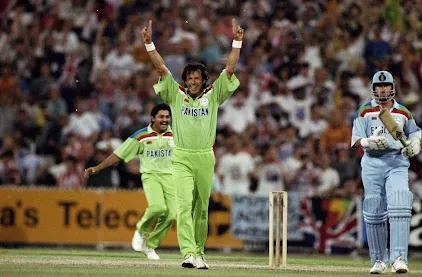The life of Prophet Hazrat Muhammad
(peace be upon him) is a story of remarkable struggle, resilience, and
unwavering faith. Born in Mecca around the year 570 CE, Hazrat Muhammad grew up
orphaned, his father passing away before he was born and his mother when he was
just six years old. Raised by his grandfather and later his uncle, Hazrat Abu
Talib, Muhammad learned the ways of trade and became known for his honesty and
integrity.
As Hazrat Muhammad grew older, he began to seek solitude in the mountains
surrounding Mecca, pondering over the injustices and idolatry that plagued his
society. It was during one such retreat, in the cave of Hira, that Hazrat
Muhammad received his first revelation at the age of 40. The angel Gabriel
appeared to him, conveying the words of Allah Almaighty, the one true God. Overwhelmed
and shaken, Muhammad rushed home to his wife Hazrat Khadijah, who became his
staunch supporter and the first person to accept Islam.
With the revelations continuing over the next 23 years, Hazrat Muhammad
faced immense opposition from the powerful elites of Mecca, who feared the
challenge Islam posed to their social order and lucrative idol trade. They
mocked him, spread rumors, and subjected his followers to brutal persecution.
Yet, Hazrat Muhammad remained steadfast, preaching monotheism, social justice,
and compassion.
As the persecution intensified, Hazrat Muhammad and his followers faced
economic boycotts, social ostracism, and even physical violence. Some of his
closest companions were tortured and killed. In the face of these trials, Hazrat
Muhammad urged his followers to remain patient and steadfast, emphasizing that
their reward awaited them in the Hereafter.
In 622 CE, under increasing threat, Hazrat Muhammad and his followers
migrated to Medina, where his reputation as a trustworthy arbitrator earned him
respect and followers. In Medina, Hazrat Muhammad established the first Islamic
state, based on principles of justice, equality, and mutual respect. He forged
alliances with neighboring tribes and began to build a community where Muslims
and non-Muslims could coexist peacefully.
Despite facing numerous battles and political challenges, Hazrat Muhammad
continued to receive revelations guiding the nascent Muslim community. His
teachings emphasized social justice, compassion for the poor and vulnerable,
and respect for all human beings regardless of their background.
After years of struggle, Hazrat Muhammad returned triumphantly to Mecca in
630 CE, having peacefully conquered the city. He forgave his former enemies and
initiated a process of reconciliation and unity among the Arabian tribes.
Throughout his life, Hazrat Muhammad exemplified patience, humility, and
unwavering faith in the face of adversity. His struggles and sacrifices laid
the foundation for the spread of Islam across the Arabian Peninsula and beyond.
Today, his teachings continue to inspire millions of Muslims worldwide,
reminding them of the importance of perseverance, compassion, and righteousness
in the face of hardship.
.jpg)


.jpg)
.jpg)


.jpg)

.jpg)